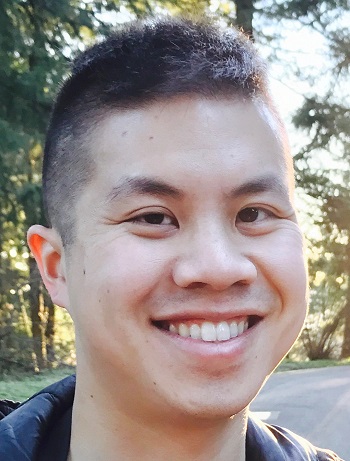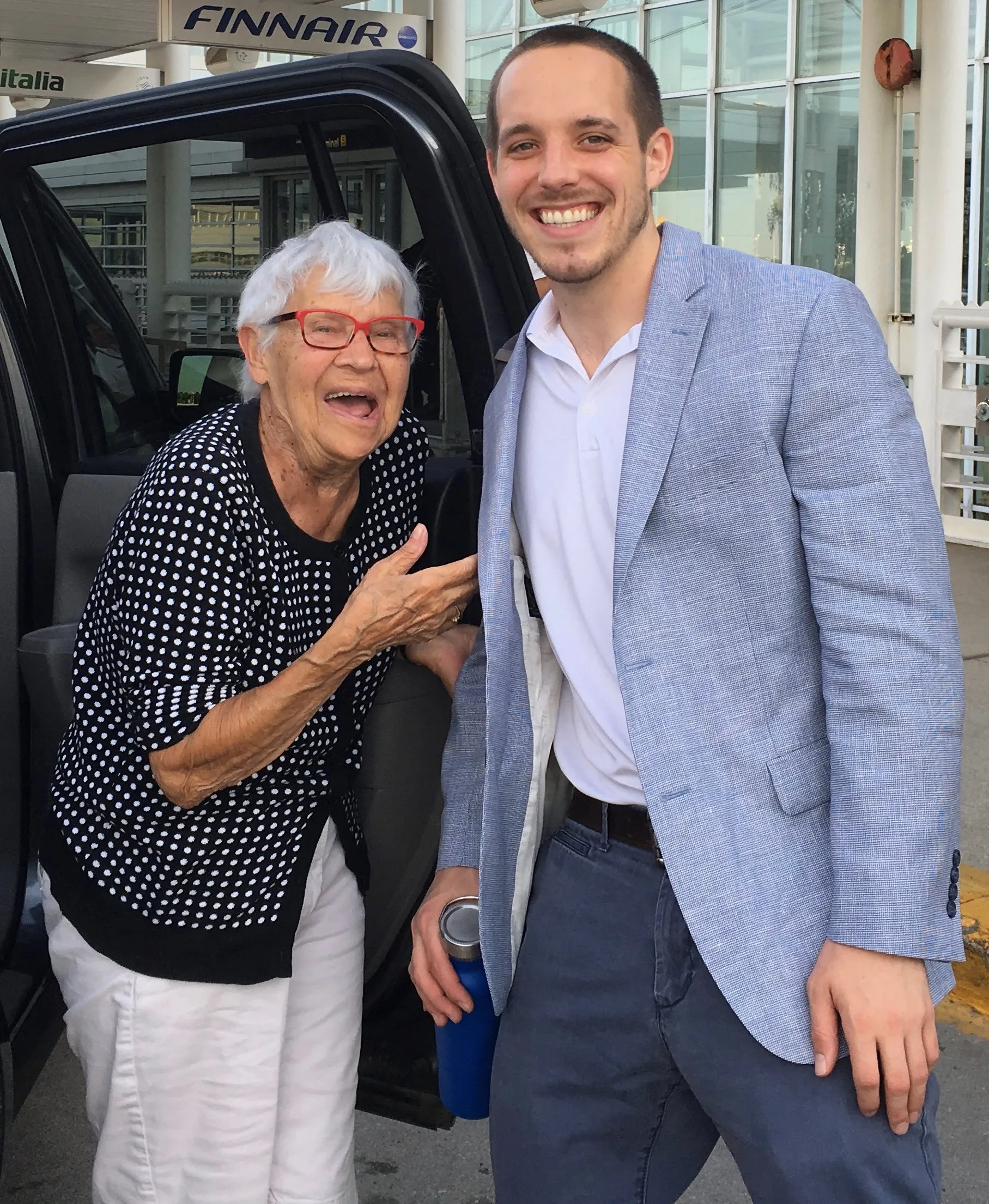Fighting for Justice
Editor's note: The Pro Bono Board, a student group committed to expanding pro bono knowledge and opportunities to students, names a Pro Bono Volunteer of the Month. The winner for June is Jeremy Chen, ’18. Luke Sperduto, ’18, a member of the board, wrote this story on his work. For more information on pro bono work, visit the Pro Bono Service Initiative website or contact Nura Maznavi in the Office of Career Services.
Fueled by frustration with the criminal justice system, Jeremy Chen, ’18, has turbo-charged his legal career by volunteering with a host of police accountability and criminal defense efforts. From the American Civil Liberties Union (ACLU) to the Law School's clinics, from public defender’s offices to federal district courts, the ambition of Chen's initial forays into trial and appellate advocacy is matched only by the grace of his client engagement and the humility of his determination to fight mass imprisonment.
Chen is the Pro Bono Volunteer of the Month for June 2018, but his ongoing work began in 2015 when he spent the seven months before law school interning at the ACLU of Southern California. When a teenager detained at the Los Angeles Men’s Central Jail told the ACLU that he was charged with assaulting a sheriff's deputy, Chen interviewed him and gathered surveillance footage of the incident. Contrary to the deputy's allegations, Chen recalled, the footage showed the teenager "lying on a gurney, not doing anything, and this deputy just punched him in the side of his head. It was brutal." The declaration Chen wrote was instrumental in getting the teenager’s charges dropped.
From a background in forensic accounting at Ernst & Young, Chen came to the Law School specifically to learn from Clinical Professor Craig Futterman. During his 1L summer, Chen worked for Futterman's Civil Rights and Police Accountability Project—part of the Mandel Legal Aid Clinic—drafting briefs supporting the public disclosure of police misconduct records. The Fraternal Order of Police (FOP), which represents rank-and-file officers, had obtained an injunction blocking the release of thousands of citizen complaints and police disciplinary records dating to 1967. The City appealed, and the clinic, together with Loevy & Loevy, filed an amicus brief on behalf of journalists and civic organizations seeking access to the records. That summer, the Illinois Appellate Court overturned the injunction. Chicago's police misconduct records became public.
Contributing to long-term civil rights campaigns energizes Chen. He is quick to emphasize that improvements in process and transparency, like the public disclosure of police misconduct records, are built on decades of diligent lawyering by the Clinic, its partners and Chicago's community of civil rights advocates. Chen acknowledges that "there's reason to be frustrated, perhaps, that we're still litigating the issue"—the FOP appealed on the narrower issue of disclosing records of off-duty misconduct, and Chen is helping to write a response. "But on the other hand, the position that we're in now is so much better than it was just two years ago."
Another improvement Chen witnessed firsthand is the Illinois Bail Reform Act, effective January 1, 2018, which recognizes a right to counsel at bail hearings. Before that law passed, Chen volunteered at the Cook County Public Defender's office in Bridgeview, Ill., where he observed bail hearings. He saw handcuffed black man after black man marched into the courtroom by sheriff’s deputies. Each had just been taken to jail the night before, and few of them were represented by lawyers.
"You'd have these lines of confused people, trying to make sense of what the judge and the prosecutor were saying. Inevitably the judge would order bond, which the person would never be able to afford, and then they'd be sent back to jail," Chen said. Rarely did those hearings last longer than 30 seconds. "I challenge anyone to sit in a courtroom like that, and not think that something is deeply wrong with our criminal justice system.” He, noted that the right to counsel in bail hearings is now a statutory, but not a constitutional, right, and that many jurisdictions across the country still lack comparable procedural safeguards.
Regarding the power of procedure, Chen has also seen its dark side. At the Illinois Federal Defender Program, his frustration mounted with each brief he read in which the United States Attorney’s Office raised procedural objections to vacating sentences imposed pursuant to an Armed Career Criminal Act provision that the Supreme Court in 2015 declared unconstitutionally vague. These were people serving illegal sentences, and the government was insisting on persnickety barriers to relief.
"That frustration motivates me," Chen explained, "it makes me mad, and it makes me want to keep working on these issues. The more the government is being unfair or not giving people a fair shake, the harder I feel like I have to fight."
It was Clinical Professor Alison Siegler's Federal Criminal Procedure class during 1L year that first inspired Chen to fight injustice as a public defender. With his skills honed in her Federal Criminal Justice Clinic, at the Public Defender Service for the District of Columbia (where he worked last summer) and at the Habeas Corpus Resource Center in San Francisco (where he currently interns), Chen will begin clerking this fall for a district court judge in the Northern District of Illinois. After that, he is excited to head back to California, hopefully to work in a state public defender's office.
Chen wants to use his legal training "to do right by clients who may not otherwise have a voice in the system." The greatest thing about being a public defender at the state level, Chen says, is that "you get to do trials, and at those trials you can actually win."


